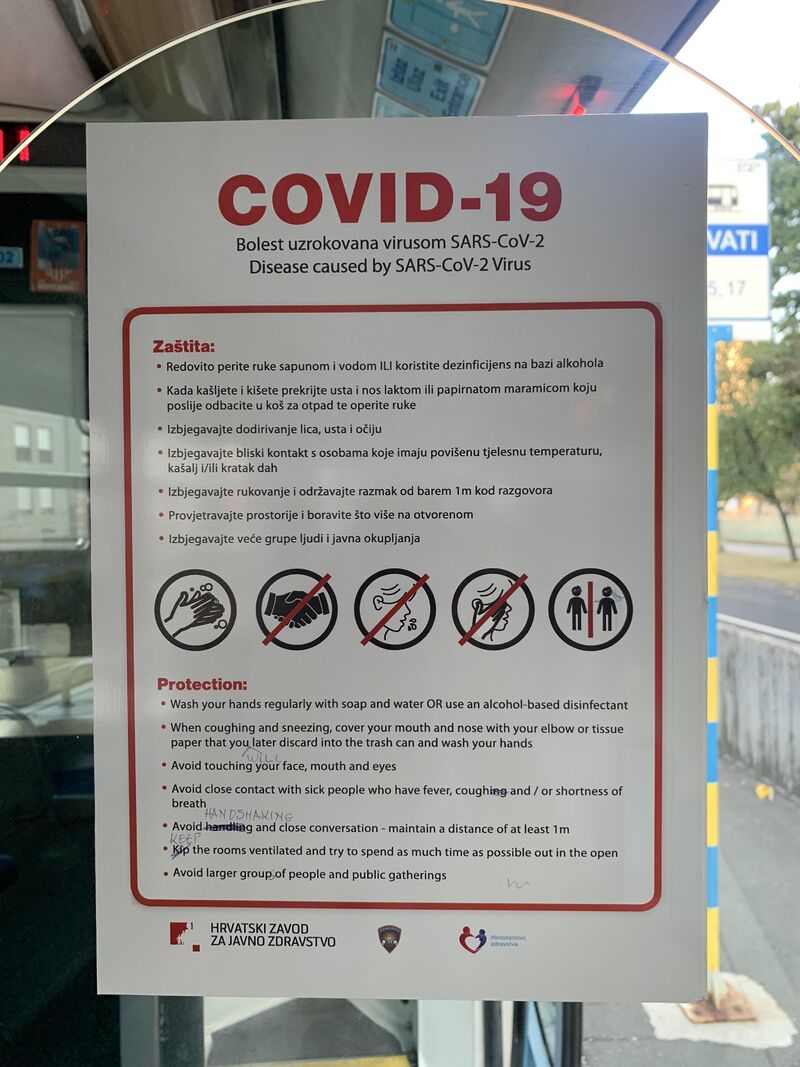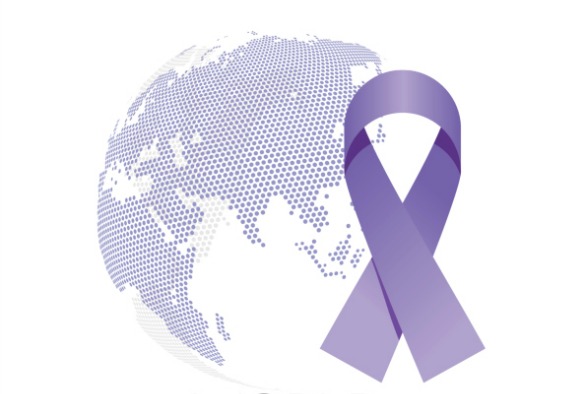What many armchair critics, with no and/or experience, fail to understand is that language is more than just words; it comes with a whole culture and context.
Much like how much humour does not transcend borders, even if it's in the same language, i.e. what might be funny in the USA does not necessarily mean it's also funny in the UK.
Unfortunately it is rarely possible to convey 100% of what is originally meant in translations and especially in space-constrained subtitling.

Starting in the 1980s, Australian multicultural broadcaster SBS-TV (no relation to its Korean namesake) was instrumental in accustoming English-speaking Australian audiences to subtitling. Dubbing became to be seen as passé and even ridiculous. Could we see this change?
We have seen many previous subtitling-dominant markets (notably in central and eastern Europe) gradually move to dubbing and/or voiceovers for the bulk of the foreign audiovisual material shown on TV, streaming and in cinemas, so it's not without precedent.

"Poor subtitles" was a major issue when Korean TV series Squid Game hit screens worldwide in 2021. These points though were rarely mentioned at the time:
📜 There's only so much you can put into subtitles when there are only 38 spaces available (even fewer for close-captioning), and no, you cannot put footnotes
📜The subtitles and dubbing often don't match as there is the further consideration in dubbing of having to translate text to fit speech movement, plus the way we write is not the same as we speak
📜If you want to understand the nuances, learn the language and familiarise yourself with the culture. Bear in mind though that most viewers aren't interested in nuances if the story is already good enough
📜 Not everyone watches a show in the same way. Some people will relate to some aspects more than others. This was a point made by the makers of the Academy Award-nominated Macedonian documentary Honeyland, where they found audiences in different countries tended to focus on a single but always different storyline or relationship in the film. This focus was usually based on how these audiences could relate the documentary back to issues that pertain to their society
The bottom line is that had the subtitles and dubbing been that horrible, I don't think Squid Game would've been such a worldwide success.
A major positive to come from the Squid Game "poor subtitling/dubbing" saga is to highlight to the greater public how important it is that experienced and skilled professionals in the translation industry are hired and involved in order to provide quality product. To get these professionals on board, allocating a realistic budget for translations is required.
In other words, you get what you pay for.









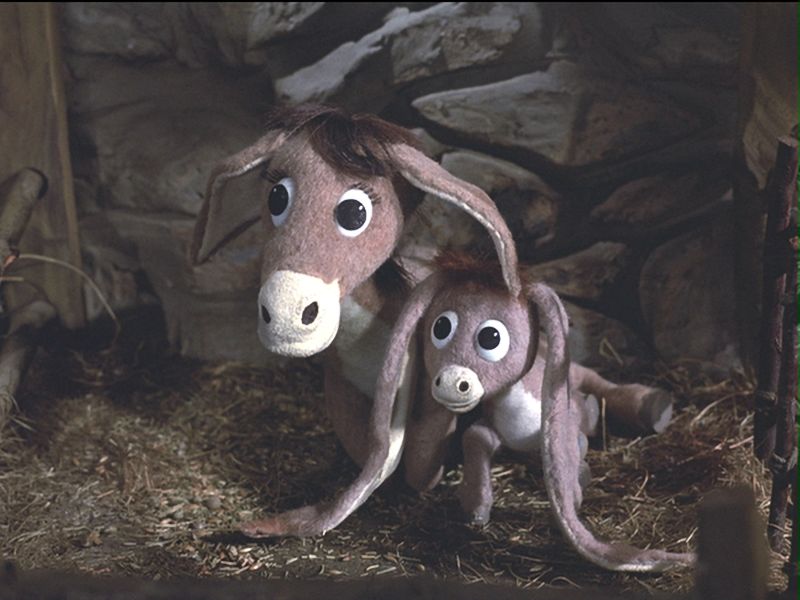





















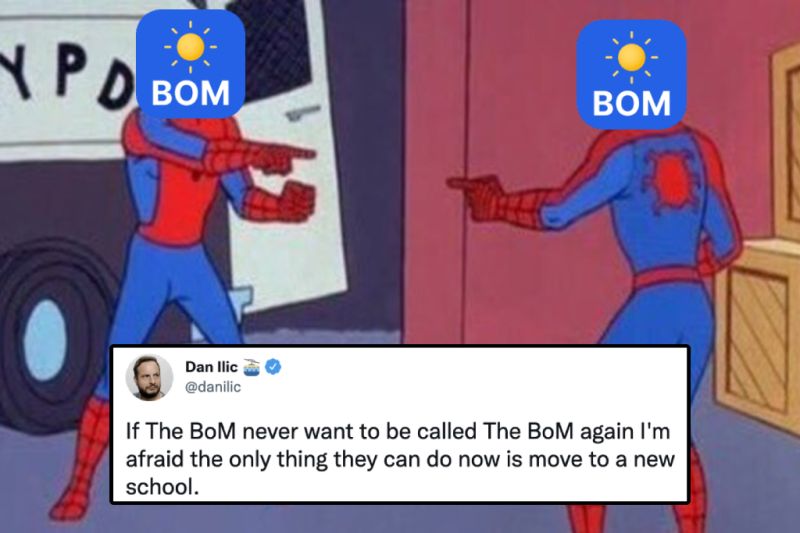
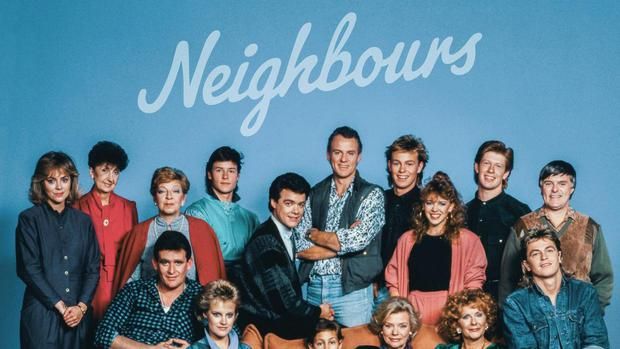




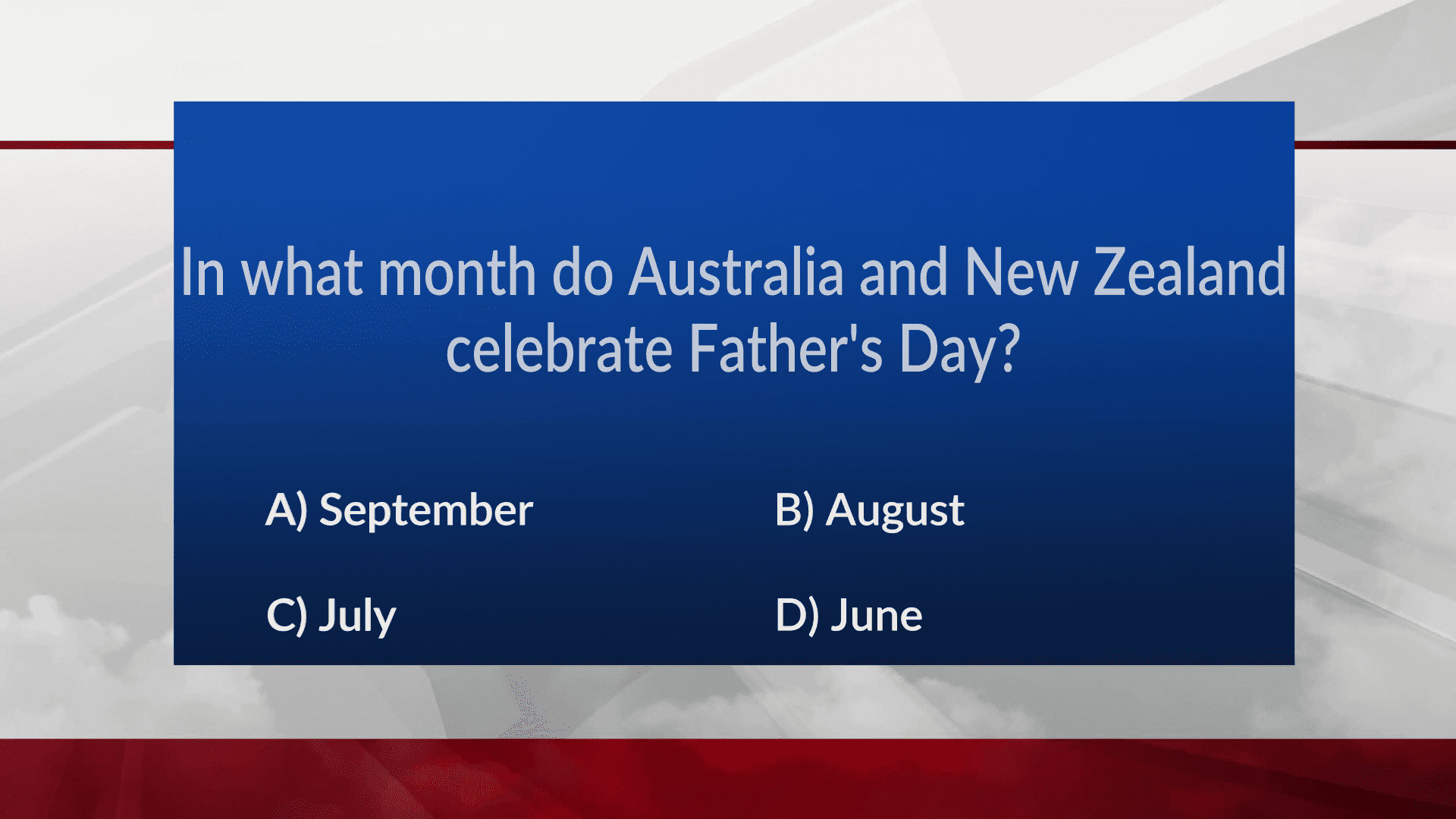





















































.%20A%20day%20of%20campaigning%20%E2%99%80%20%E2%80%A6%20or%20a%20day%20to%20buy%20flowers%20%F0%9F%92%90.jpg)

















